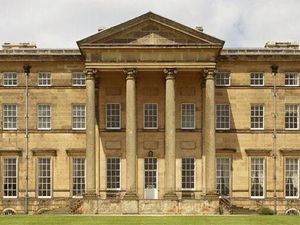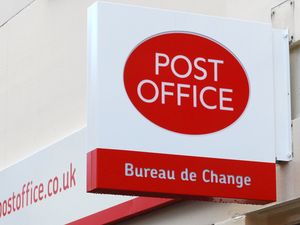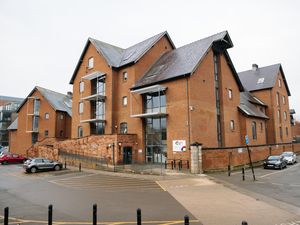Shrewsbury's Lord Hill's Column opening back up for first time since coronavirus pandemic
People with a head for heights are being given the chance to come eye-to-eye with one of Shropshire's famous sons.
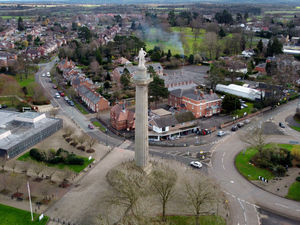
The county town's most well-known landmark is making a rare opening for the public.
Visitors will be able to go up Lord Hill's Column at Abbey Foregate in Shrewsbury on bank holiday Monday, April 18.
But you will have to hold your nerve if you want to give it a go.
There are 172 steps to contend with and, once you get to the top, you will be more than 133 foot, or just over 40 metres, above the town.
The climbs of the column will take place every half hour from 11am to 4pm.
They will be spaced out for 15 visitors at a time to avoid overcrowding on the spiral steps.
It will be the first time the column has been open to the public since the start of the pandemic.
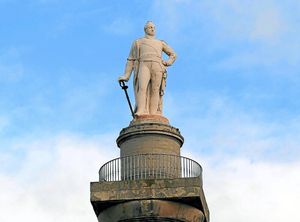
The landmark is the tallest Doric column in England. As well as the 133 foot, it is topped by the 17 foot statue of Rowland Hill, 1st Viscount Hill of Almaraz and Hawkstone.
The column was built between 1814 and 1816 and was designed by 22-year-old Edward Haycock, a member of a Shrewsbury family of architects.
The statue was made in Lambeth, London, at the firm run by Eleanor Coade. Designed by Joseph Panzetta it is one of, if not the largest single statue ever made by her firm.
Lord Hill was one of Viscount Wellington’s most trusted generals and fought alongside Wellington in Spain, Portugal and France.
From 1828, when Wellington had to relinquish the post of Commander-in-Chief of the British Army on becoming Prime Minister, Lord Hill succeeded him and held the post until 1842.
While still imposing, the statue has deteriorated over the years and a fundraising campaign has been launched to pay for renovation. Experts say the poor condition of the statue is partially the result of its exposed position, but also it is possible that the stone was not fired to the consistently high temperature necessary. English Heritage is being consulted on a potential repair project, which could cost up to £500,000.
Tickets cost £5, with admission free for children and students.
Places must be booked by contacting Richard Hayes on l.r.hayes@btinternet.com

